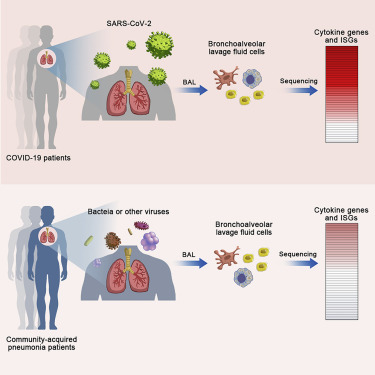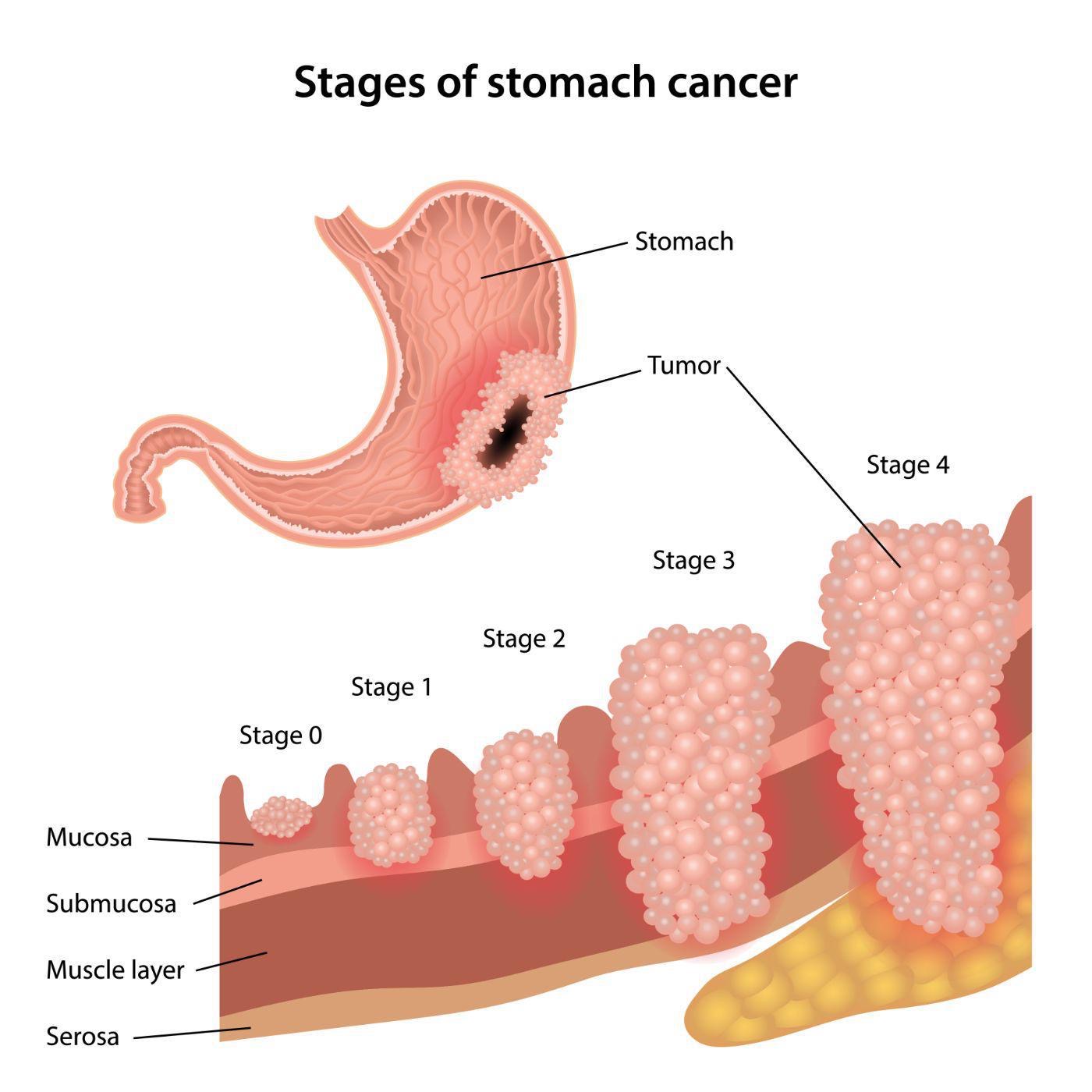Risk of contraceptive pills

Understanding the Risks of Oral Contraceptives
Ashish meena
Karaganda medical university, karaganda, kazakhstan
Abstract:
Introduction- Oral contraception, commonly known as "the pill," is a form of hormonal birth control that is taken orally in the form of pills. As with any medication, there are potential risks associated with taking oral contraception. Here are some of the most common risks:
Blood clots: Oral contraception increases the risk of blood clots, which can lead to serious health problems such as deep vein thrombosis (DVT), pulmonary embolism, stroke, and heart attack.
High blood pressure: Oral contraception can cause high blood pressure in some women, which can increase the risk of heart disease, stroke, and other health problems.
Mood changes: Some women may experience mood changes such as depression or anxiety while taking oral contraception. Nausea and other digestive symptoms: Some women may experience nausea, vomiting, bloating, or other digestive symptoms while taking oral contraception.
Headaches: Oral contraception can cause headaches in some women, which can be severe.
Breast tenderness: Some women may experience breast tenderness or enlargement while taking oral contraception.
Increased risk of certain cancers: Studies have shown that long-term use of oral contraception may increase the risk of breast, cervical, and liver cancers.
It is important to note that the risks associated with oral contraception vary depending on a woman's individual health status, lifestyle factors, and other factors. It is always important to discuss the risks and benefits of any medication with your healthcare provider before starting or continuing use.Oral contraceptives are a popular form of birth control used by millions of women worldwide. While generally safe, these medications are not without risk. This article reviews the literature on the potential risks of oral contraceptives, including cardiovascular disease, venous thromboembolism, stroke, breast cancer, and cervical cancer. The article also discusses the benefits of oral contraceptives, such as their high efficacy in preventing pregnancy and their ability to improve menstrual irregularities and acne.
Material used- parssan vij's OBS gynecology, preapleader, google scholar, wikipedia, Key words- Estrogen-progestin combination pills can increase the risk of blood clots, which can lead to deep vein thrombosis, pulmonary embolism, stroke, or heart attack
.Article:- Studies have shown that the use of oral contraceptives is associated with an increased risk of cardiovascular disease, particularly among women who smoke or have other risk factors for heart disease. Oral contraceptives have also been linked to an increased risk of venous thromboembolism, a potentially life-threatening condition that can cause blood clots in the legs or lungs. The risk of stroke is also increased in women who use oral contraceptives, although this risk is generally low in healthy women.There is conflicting evidence on the association between oral contraceptive use and breast cancer. Some studies suggest that long-term use of oral contraceptives may slightly increase the risk of breast cancer, while others have found no significant association. Oral contraceptives have also been associated with a slightly increased risk of cervical cancer, although this risk is low and is largely attributable to increased risk of human papillomavirus (HPV) infection.In conclusion, while oral contraceptives are generally safe and effective, they are not without risk. Women should be informed of the potential risks and benefits of oral contraceptives when making decisions about their use, and healthcare providers should carefully evaluate individual risk factors when prescribing these medications. Regular health screenings, including blood pressure monitoring and cervical cancer screening, are important for women who use oral contraceptives.Oral contraceptives, like any medication, may have some side effects. The following are some of the possible adverse effects of oral contraceptives:-Blood clots: Estrogen-progestin combination pills can increase the risk of blood clots, which can lead to deep vein thrombosis, pulmonary embolism, stroke, or heart attack.Cancer: Some studies suggest that long-term use of oral contraceptives may increase the risk of breast cancer, cervical cancer, liver cancer, and ovarian cancer.Bone density loss: Long-term use of oral contraceptives may lead to bone density loss, which can increase the risk of osteoporosis.Mood changes: Some women may experience mood changes, such as depression or anxiety, while taking oral contraceptives.Weight gain: Some women may experience weight gain while taking oral contraceptives.Migraines: Oral contraceptives may increase the frequency or severity of migraines in some women.
High blood pressure: Oral contraceptives can raise blood pressure in some women.Cardiovascular disease: Women who smoke and take oral contraceptives have an increased risk of cardiovascular disease.Venous thromboembolism:Estrogen-progestin combination pills can increase the risk of venous thromboembolism, which can lead to blood clots in the veins.It's important to note that not all women will experience these side effects, and some women may experience positive benefits from taking oral contraceptives. Women should speak to their healthcare provider about the risks and benefits of oral contraceptives before starting to take them.
Conclusion- oral contraceptives are a popular and effective form of birth control, but they do come with some potential risks. The risk of blood clots, particularly in women who smoke, have a history of blood clots, or are over the age of 35, is one of the most serious risks associated with oral contraceptives. Other potential risks include an increased risk of certain types of cancer, bone density loss, mood changes, weight gain, migraines, high blood pressure, and cardiovascular disease. However, it's important to note that not all women will experience these side effects, and some women may experience positive benefits from taking oral contraceptives. Women should speak to their healthcare provider About the risks and benefits of oral contraceptives before starting to take them, and should report any concerning symptoms to their healthcare provider.
Refrence:- –
1.Lidegaard, Ø., et al. (2012). Hormonal contraception and risk of venous thromboembolism: national follow-up study. BMJ, 344, e2990.
2.World Health Organization. (2010). Medical Eligibility Criteria for Contraceptive Use. Geneva, Switzerland: World Health Organization.
3.Mørch, L. S., et al. (2017). Contemporary hormonal contraception and the risk of breast cancer. New England Journal of Medicine, 377(23), 2228-2239.
4.ACOG Practice Bulletin No. 186: Long-Acting Reversible Contraception: Implants and Intrauterine Devices. Obstetrics and Gynecology, 2017; 130(5): e251-e269.
Skovlund, C. W., et al. (2016). Association of hormonal contraception with depression. JAMA Psychiatry, 73(11), 1154-1162.#
Articles from Ashish Meena
View blog
Rheumatoid arthritis (RA) · Ashish meena · Karaganda medical university, karaganda, kazakhstan · Abs ...

Ashish meena · Karaganda medical university, karaganda, kazakhstan · Abstract- · Introduction- The C ...

Ashish meena · Karaganda medical university, karaganda, kazakhstan · Abstract: · Introduction- Oral ...
Related content

Ashish Meena
Understanding risk of Contraceptive pills
Ashish meena · Karaganda medical university, karaganda, kazakhstan · Abstract:


Ashish Meena
Immunity in COVID 19
Ashish meena · Karaganda medical university, karaganda, kazakhstan · Abstract- · Introduction- The COVID- 19 epidemic caused by SARS- CoV- 2 has had a significant impact on global health and the frugality. Understanding the vulnerable response to SARS- CoV- 2 is critical for the ...

Afjal Ali
Uncovering the Mysteries of Gastric Cancer: Understanding Risk Factors, Symptoms, and Treatment Options"
Abstract: · Gastric cancer is a significant health concern worldwide and is responsible for a high number of cancer-related deaths. Despite advances in diagnosis and treatment, gastric cancer remains difficult to detect in its early stages, leading to poor outcomes for many patie ...

Ashish Meena
PUBERTY
Ashish meena · Karaganda medical university, karaganda, kazakhstan · Abstract: · Introduction:-Puberty is a natural process that marks the transition from childhood to adolescence. During this time, the body undergoes several changes that prepare it for reproductive maturity. Pub ...

Afjal Ali
Ovarian cancer
Karaganda medical university · corrosponding author - Mohammad Afjal · Ovarian cancer
You may be interested in these jobs
-

Mba
1 day ago
Direct apply
KABIL EDUCATION Navi Mumbai, IndiaManagement Graduates with Good knowledge of computer. · **Salary**: From ₹22,000.00 per month · Schedule: · - Day shift · Shift: · - Day shift · **Speak with the employer** · ...
-

Social Media Marketing Internship
13 hours ago
DPC' Pest Controls Gurgaon, India Internship, Full time· About the internship: · Selected intern's day-to-day responsibilities include: · 1. Managing and creating creatives, content, and reels on Facebook, Instagram, LinkedIn, GMB, and other social media pages with proper hashtags · 2. Joining different forums and groups on other w ...
-

Senior Assistant Relationship Manager-LAP
2 hours ago
IDFC FIRST Bank Gujarat, India Full timeRole/Job Title: Senior Assistant Relationship Manager-Loan Against Property · Function/ Department: Rural Banking · Job Purpose: · The role entails deepening relationships with Rural Banking accounts and ensuring best in-class service to the customers. The role bearer has a res ...
You have no groups that fit your search
Comments